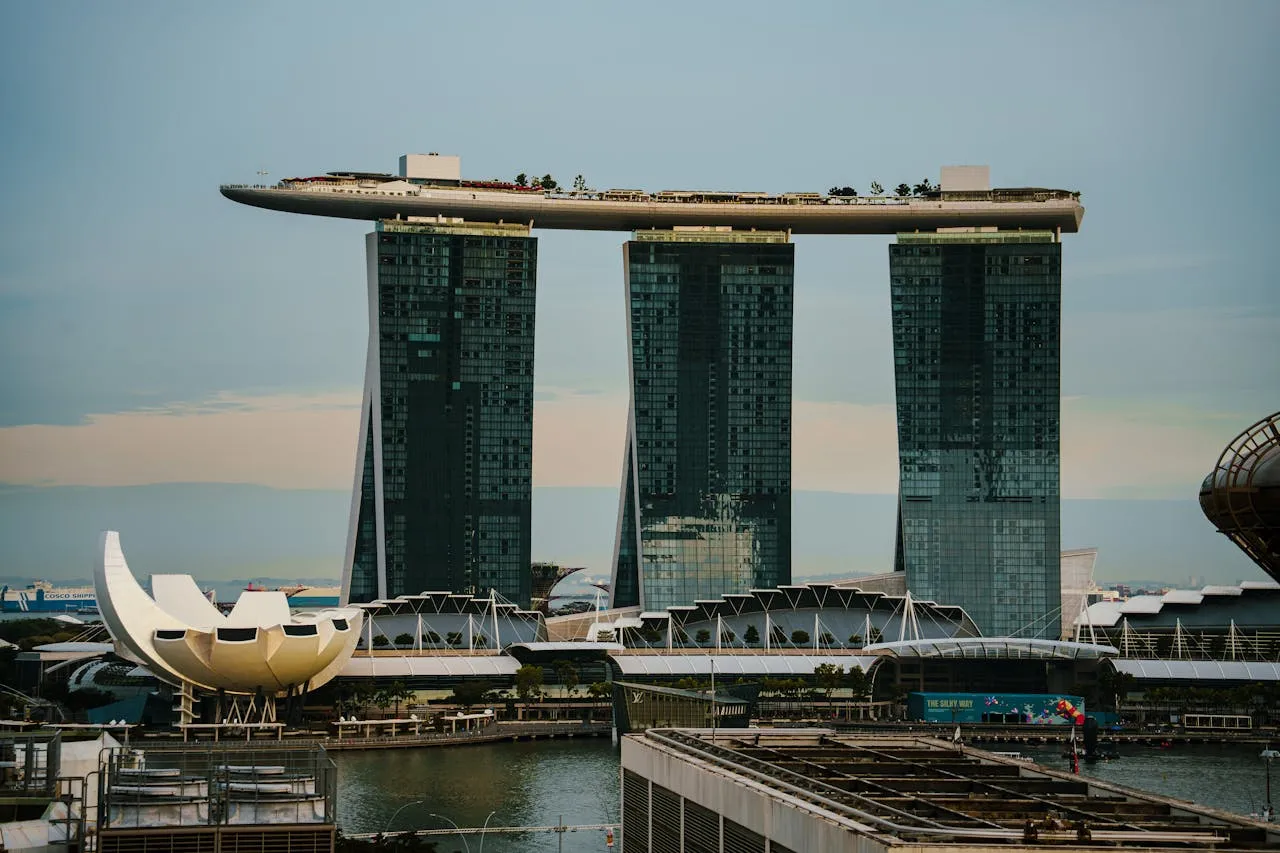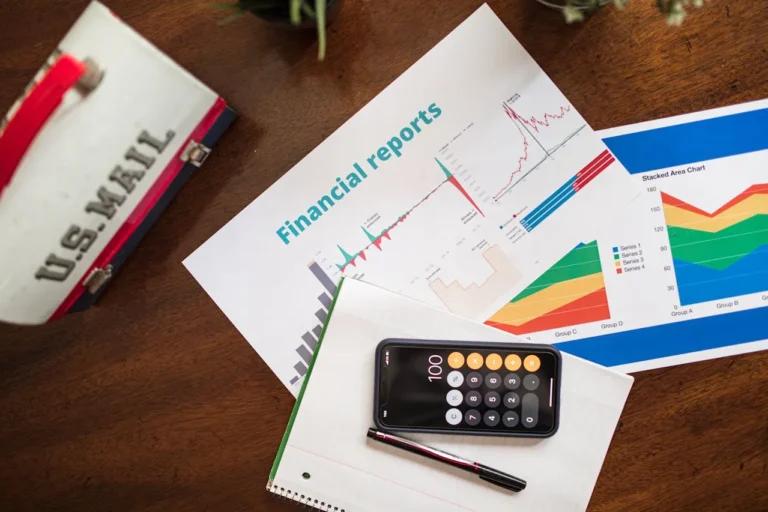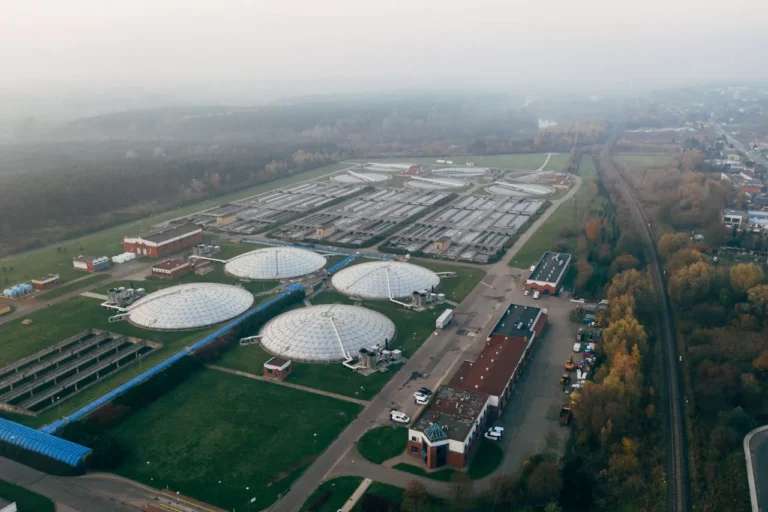
Singapore Launches SAFCo to Centralise Sustainable Aviation Fuel Procurement
Singapore has established a new company — the Singapore Sustainable Aviation Fuel Company (SAFCo) — to centrally procure sustainable aviation fuel (SAF) as part of its broader push to decarbonise the aviation sector. The Civil Aviation Authority of Singapore (CAAS), which announced the move on 30 October, said the initiative is designed to aggregate demand, stabilise prices, and accelerate the adoption of SAF in the country.
SAFCo, a non-profit entity wholly owned by CAAS, will act as a central buyer of SAF on behalf of airlines, corporate SAF purchasers, and other stakeholders. By pooling demand and negotiating long-term supply contracts, the company aims to help Singapore achieve its SAF targets while providing more predictable pricing and supply conditions for the industry.
The new company will be led by Tan Seow Hui, global head of marketing and sustainability at Shell’s low-carbon solutions division, who has been appointed as SAFCo’s founding chief executive.
SAF Targets and Funding Mechanism
Singapore has set a target for 1 percent SAF usage on all flights departing from Changi and Seletar Airports by 2026. This is expected to increase to 3–5 percent by 2030, depending on global SAF developments and supply availability.
To fund the procurement and deployment of SAF, the government plans to introduce SAF levies on air tickets. These levies will be based on the projected price premiums of SAF compared with conventional jet fuel, as well as on Singapore’s SAF blending targets.
Senior Minister of State for Transport Sun Xueling told Parliament earlier in October that the government will pre-determine the annual amount to be spent on SAF and collect this through ticket levies. CAAS expects to announce further details and the implementation timeline for the levy by the end of 2025.
At a press conference on 30 October, CAAS director-general Han Kok Juan explained that the authority is now working closely with airlines to determine how these levies will be collected and reflected in ticket prices.
The predictable cashflows generated by these levies will allow SAFCo to enter long-term, competitive procurement contracts for SAF, ensuring more stable supply and helping to mitigate cost volatility.
Combining Mandated and Voluntary Demand
In addition to the mandated levy-funded purchases, SAFCo will also aggregate voluntary SAF demand from airlines and businesses seeking to go beyond the national baseline to further reduce their carbon footprints.
This will enable companies and air carriers to purchase SAF or its environmental attributes (EAs) without having to develop their own procurement frameworks. By leveraging the baseline of mandated demand, participants can benefit from economies of scale and more efficient access to SAF supplies.
CAAS said it is currently in discussions with multinational corporations (MNCs) and corporate travel buyers interested in offsetting aviation-related emissions. More details about the voluntary participation framework are expected to be shared at the Singapore Airshow in February 2026.
All funds collected through both the levy and voluntary schemes will be channelled into a CAAS-administered SAF Fund, which will be disbursed to SAFCo for procurement activities.
“With this aggregated, more efficient way of procuring SAF, we can send a stronger demand signal to producers,” said Han. “That will hopefully stimulate greater investment in SAF production and help dampen price premiums over time.”
Current Market Conditions and Price Trends
The move to centralise procurement comes as SAF prices remain significantly higher than conventional jet fuel, though volatility persists. The premium of Argus fob Singapore SAF (class 2) netback prices over standard fob Singapore jet kerosene narrowed to near record lows of $948 per tonne in February, but had surged to around $2,091 per tonne as of 30 October.
Market participants attribute the rise largely to European demand, driven by suppliers seeking to meet the 2 percent ReFuelEU Aviation mandate that took effect mid-year. Singapore hopes that by aggregating demand and engaging in larger, longer-term contracts, SAFCo can help mitigate such price swings for local airlines and consumers.
Centralised Procurement and Environmental Attributes
According to CAAS, SAFCo will use its funds to purchase both physical SAF and SAF environmental attributes (EAs) — certificates representing the sustainability benefits of SAF — through a transparent, competitive tender process.
Only suppliers meeting recognised international sustainability standards, such as the Carbon Offsetting and Reduction Scheme for International Aviation (CORSIA), will be eligible. The first volumes of SAF under this scheme are expected to be procured in 2026, following the collection of levies.
The acquired SAF EAs will be registered in an accredited SAF registry and subsequently allocated to participating airlines and companies. This will allow accurate reporting, credible claims, and traceability aligned with international frameworks. More details on the registry systems and SAF sourcing will be released later, CAAS said.
Supporting the Sustainable Air Hub Blueprint
SAFCo’s creation aligns with the objectives of Singapore’s Sustainable Air Hub Blueprint, launched in 2024, which outlines strategies to decarbonise both domestic and international aviation activities.
Under the blueprint, Singapore aims to reduce domestic aviation emissions by 20 percent by 2030, compared with 2019 levels of 404,000 tonnes, even after accounting for projected growth in traffic. The country ultimately targets net-zero emissions for domestic and international aviation by 2050.
Beyond fuel adoption, CAAS and other stakeholders are also exploring green airport operations, electrification of ground vehicles, and renewable energy integration at Changi Airport as part of broader decarbonisation efforts.
Building Confidence in the SAF Market
By setting up SAFCo, Singapore hopes to address one of the biggest challenges in the global SAF market: fragmented demand and uncertain price signals. With a centralised entity pooling procurement and financing, suppliers may gain greater confidence to invest in production capacity across Asia-Pacific.
The model also seeks to make SAF more accessible for smaller airlines and businesses that lack the scale or expertise to negotiate directly with fuel producers.
As Han summarised, “Singapore’s approach is not just about meeting our own targets. It’s about catalysing a viable, long-term SAF ecosystem in the region.”
If successful, SAFCo could serve as a blueprint for other countries looking to overcome similar structural barriers in scaling up sustainable aviation fuel adoption — helping both industry and passengers take meaningful steps toward cleaner skies.
Source Link : https://www.argusmedia.com/







